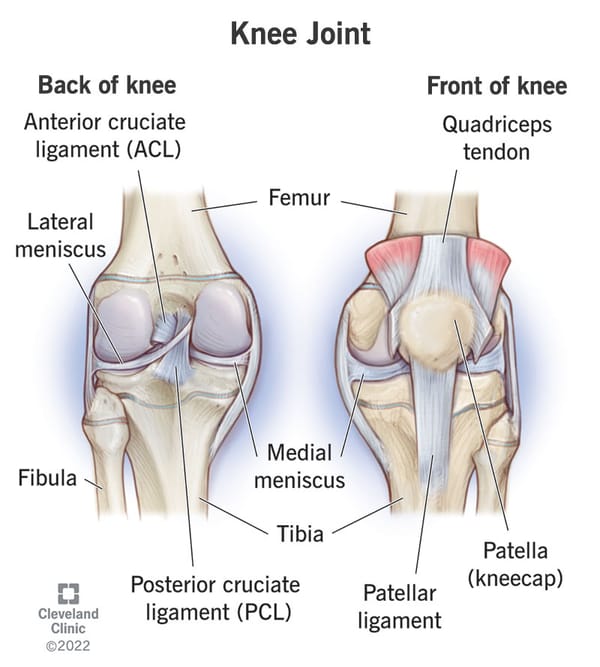Why CBT Beats Medication in the Treatment of Depression

Title: The Superiority of Cognitive Behavioral Therapy Over Medication for Depression
Depression is a pervasive mental health issue that affects millions of people worldwide. While medication has long been a go-to treatment, recent research suggests that Cognitive Behavioral Therapy (CBT) may offer more effective and enduring relief for those battling this condition. In this blog, we'll explore why CBT is emerging as the preferred treatment for depression, outperforming medication in several key areas.
Understanding CBT's Edge Over Medication
A comprehensive paper published in the journal Cognitive Therapy and Research presents a compelling argument for the superiority of talk therapy, particularly CBT, over antidepressant medications in treating depression [1]. This conclusion is supported by a meta-analysis of 409 randomized controlled trials, which found that while CBT and pharmacotherapies are equally effective in the short term, CBT has a more significant impact in the long term [2].
The Enduring Benefits of CBT
One of the most significant advantages of CBT is its enduring effects. Unlike medications, which often provide symptomatic relief, CBT equips patients with the tools to identify and address the root causes of their depression. This approach not only shortens depressive episodes but also reduces the likelihood of relapse [1]. Studies have shown that the benefits of CBT persist long after treatment has ended, suggesting that it may alter the causal processes that generate risk for depression [13].
Combining Medication with CBT
While combining drugs and therapy might seem like a comprehensive approach, research indicates that this does not lead to better outcomes than CBT alone [2]. In fact, CBT's efficacy is documented across various delivery formats, ages, target groups, and settings, making it a versatile and accessible treatment option [2].
The Drawbacks of Medication
Antidepressant medications are not without their drawbacks. They can cause a range of side effects, including sexual dysfunction, weight gain, emotional numbing, and severe withdrawal symptoms upon discontinuation [5][7]. These side effects can be a significant deterrent for patients and may contribute to the growing preference for CBT.
The Role of Computerized CBT
With the advent of technology, computerized adaptations of CBT have become available, allowing patients to complete therapy sessions remotely. While this has expanded access to treatment, the effectiveness of such programs can be mixed. Some patients find the lack of human interaction and the generic nature of the programs less helpful, especially when dealing with the complexities of a chronic medical condition like multiple sclerosis (MS) [8][14]. However, when computerized CBT is supplemented with therapist guidance, the outcomes improve significantly [11].
Exercise as an Adjunct to CBT
In addition to CBT, exercise has been recognized as an effective, natural treatment for depression. It can be as effective as antidepressants in some cases and offers a host of additional health benefits [16]. This suggests that a holistic approach to treating depression, which includes CBT and lifestyle changes like regular exercise, may be the most beneficial.
Conclusion
The evidence is clear: CBT stands out as a more effective and enduring treatment for depression compared to medication. Its ability to provide patients with long-term coping strategies, without the side effects associated with drugs, makes it a compelling choice for those seeking relief from depression. As research continues to evolve, it is likely that CBT, possibly in conjunction with lifestyle interventions like exercise, will become the gold standard for depression treatment. For individuals struggling with depression, discussing the option of CBT with a healthcare provider could be a step toward a more sustainable recovery.
[1] Why CBT Beats Medication in the Treatment of Depression ...
Feb 26, 2021 ... A recent paper published in the journal Cognitive Therapy and Research argues that talk therapy is, in most cases, more effective at treating ...
[2] Therapy Beats Drugs for Depression for Long-Term Outcomes
Jan 23, 2023 ... Combined treatment appears to be superior to pharmacotherapy alone but not to CBT alone. The efficacy of CBT in depression is documented ...
[3] Computerized Cognitive Behavioral Therapy for Treatment of ...
Antidepressant agents are used empirically in the management of MS-related depression, but evidence specifically demonstrating the efficacy of these medications ...
[4] Why CBT Beats Medication in the Treatment of Depression ...
Feb 26, 2021 ... A recent paper published in the journal Cognitive Therapy and Research argues that talk therapy is, in most cases, more effective at treating ...
[5] Therapy Beats Drugs for Depression for Long-Term Outcomes
Jan 23, 2023 ... Combined treatment appears to be superior to pharmacotherapy alone but not to CBT alone. The efficacy of CBT in depression is documented ...
[6] Computerized Cognitive Behavioral Therapy for Treatment of ...
Antidepressant agents are used empirically in the management of MS-related depression, but evidence specifically demonstrating the efficacy of these medications ...
[7] Depression - National Institute of Mental Health (NIMH)
Depression treatment typically involves medication, psychotherapy, or both. ... depression include cognitive behavioral therapy (CBT) and interpersonal therapy ...
[8] Computerized Cognitive Behavioral Therapy for Treatment of ...
Antidepressant agents are used empirically in the management of MS-related depression, but evidence specifically demonstrating the efficacy of these medications ...
[9] How to Fight Depression Without Medication
Dec 5, 2023 ... One of the most popular and effective treatments used in the treatment of depression is cognitive behavioral therapy (CBT).19 This form of ...
[10] Computerized Cognitive Behavioral Therapy for Treatment of ...
Antidepressant agents are used empirically in the management of MS-related depression, but evidence specifically demonstrating the efficacy of these medications ...
[11] Computerized Cognitive Behavioral Therapy for Treatment of ...
Antidepressant agents are used empirically in the management of MS-related depression, but evidence specifically demonstrating the efficacy of these medications ...
[12] How to Fight Depression Without Medication
Dec 5, 2023 ... One of the most popular and effective treatments used in the treatment of depression is cognitive behavioral therapy (CBT).19 This form of ...
[13] Enduring effects for cognitive behavior therapy in the treatment of ...
These enduring effects have been most clearly demonstrated with respect to depression and the anxiety disorders. It remains unclear whether these effects are a ...
[14] Computerized Cognitive Behavioral Therapy for Treatment of ...
Antidepressant agents are used empirically in the management of MS-related depression, but evidence specifically demonstrating the efficacy of these medications ...
[15] Computerized Cognitive Behavioral Therapy for Treatment of ...
Antidepressant agents are used empirically in the management of MS-related depression, but evidence specifically demonstrating the efficacy of these medications ...
[16] Exercise is an all-natural treatment to fight depression - Harvard ...
Feb 2, 2021 ... One in 10 adults in the United States struggles with depression, and antidepressant medications are a common way to treat the condition.
[17] Computerized Cognitive Behavioral Therapy for Treatment of ...
Antidepressant agents are used empirically in the management of MS-related depression, but evidence specifically demonstrating the efficacy of these medications ...
[18] Computerized Cognitive Behavioral Therapy for Treatment of ...
Antidepressant agents are used empirically in the management of MS-related depression, but evidence specifically demonstrating the efficacy of these medications ...
[19] How to Fight Depression Without Medication
Dec 5, 2023 ... One of the most popular and effective treatments used in the treatment of depression is cognitive behavioral therapy (CBT).19 This form of ...
[20] How to Fight Depression Without Medication
Dec 5, 2023 ... One of the most popular and effective treatments used in the treatment of depression is cognitive behavioral therapy (CBT).19 This form of ...

